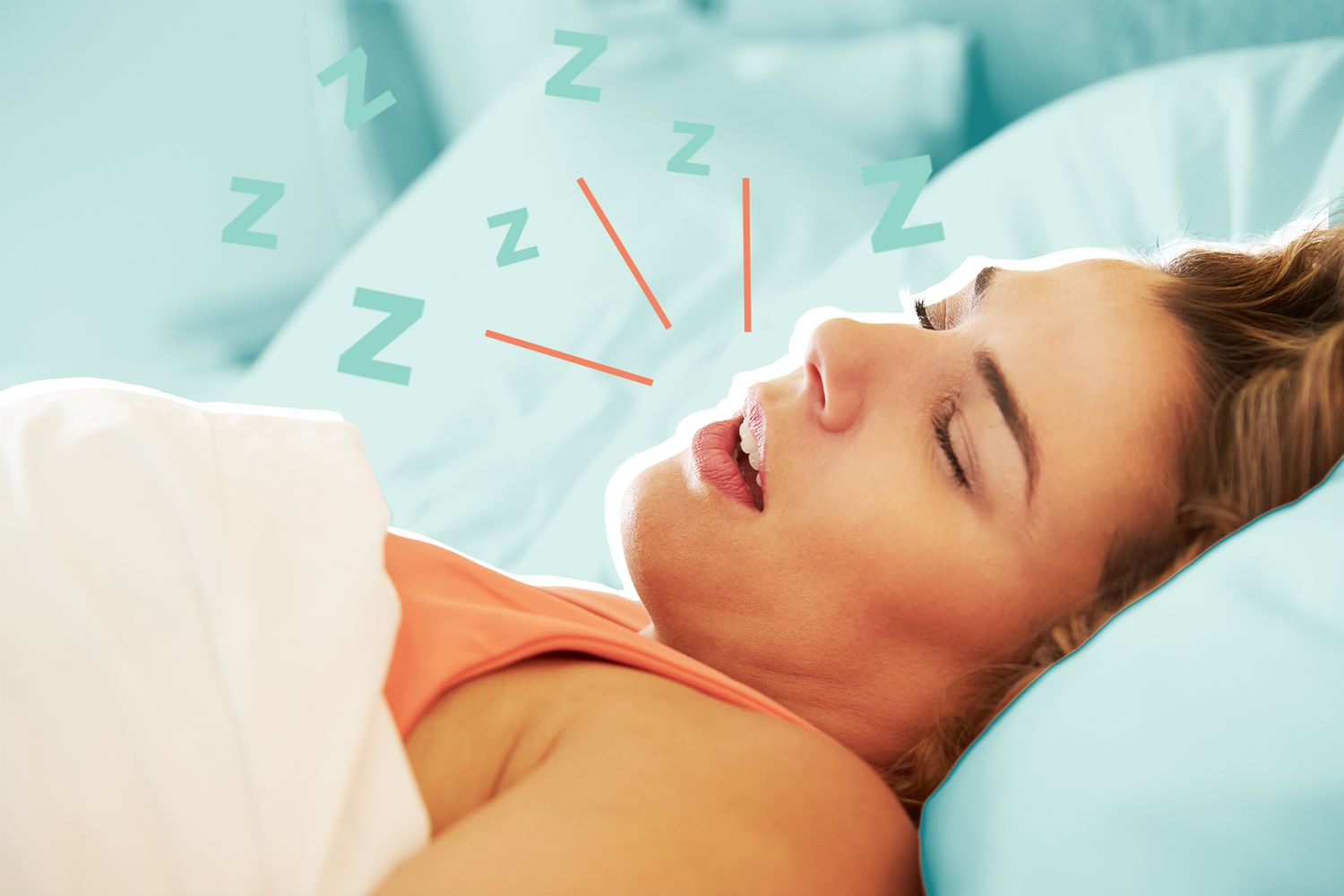
Replacing missing teeth can dramatically improve your quality of life. Whether you need full dentures, partial dentures, denture implants, or adjustments, understanding your options helps you make informed decisions. Plus, if snoring is an issue, anti-snoring devices could be the solution you need for better sleep.
Full Dentures: A Complete Solution
Full dentures replace all the natural teeth in the upper or lower jaw. They rest on the gums and are held in place by suction and, sometimes, denture adhesive. Full dentures are suitable for those who have lost most or all of their teeth due to decay, gum disease, or injury.
Benefits of Full Dentures
- Aesthetics: Modern full dentures look natural and restore your smile.
- Functionality: They help you chew and speak more effectively than without teeth.
- Support for Facial Structures: Full dentures support your lips and cheeks, preventing a sunken appearance.
Caring for Full Dentures
- Daily Cleaning: Brush your dentures daily with a denture cleaner and soak them overnight in a cleansing solution.
- Regular Checkups: Visit your dentist regularly to ensure your dentures fit properly and to check for any issues with your gums.
Partial Dentures: Filling in the Gaps
Partial dentures replace one or more missing teeth and are anchored to the remaining natural teeth. They can be made of various materials, including metal and acrylic, and are designed to blend in with your natural teeth.
Advantages of Partial Dentures
- Maintaining Natural Teeth: Partial dentures allow you to keep your remaining natural teeth.
- Stability: They provide stability and prevent the shifting of adjacent teeth.
- Cost-Effective: Partial dentures are generally more affordable than implants or bridges.
Maintaining Partial Dentures
- Proper Cleaning: Clean your partial dentures daily to remove food particles and plaque.
- Handling with Care: Handle them carefully to avoid bending or breaking the clasps.
- Regular Dental Visits: Regular checkups with your dentist ensure the partial dentures fit well and function properly.
Denture Implants: A Secure Fit
Denture implants, or implant-supported dentures, offer a more secure and stable option compared to traditional dentures. They involve surgically placing titanium posts into the jawbone, which then support the dentures.
Benefits of Denture Implants
- Stability: Implant-supported dentures do not slip or move, providing a secure fit.
- Bone Health: Implants stimulate the jawbone, preventing bone loss.
- Enhanced Function: They offer improved chewing efficiency and comfort.
Caring for Denture Implants
- Oral Hygiene: Maintain excellent oral hygiene to keep the implants and surrounding tissues healthy.
- Routine Checkups: Regular visits to your dentist ensure the implants remain in good condition and are properly integrated with the jawbone.
Denture Adjustments: Ensuring Comfort and Fit
Over time, your mouth changes, which can affect the fit of your dentures. Denture adjustments are necessary to ensure comfort and functionality.
Signs You Need an Adjustment
- Discomfort or Soreness: If your dentures cause pain or discomfort, they may need adjusting.
- Difficulty Chewing or Speaking: Poorly fitting dentures can affect your ability to chew and speak properly.
- Visible Wear: If your dentures show signs of wear or damage, it’s time for an adjustment or replacement.
How to Adjust Dentures
- Visit Your Dentist: A professional can make precise adjustments to improve the fit and comfort of your dentures.
- Home Care: Use denture pads or liners for a temporary fix, but always seek professional help for a permanent solution.
Anti-Snoring Devices: Better Sleep for All

Snoring can disrupt your sleep and affect your overall health. Anti-snoring devices, such as mandibular advancement devices (MADs) and tongue retaining devices (TRDs), can help reduce snoring and improve sleep quality.
Choosing the Right Anti-Snoring Device
- Consult with a Professional: A dentist or sleep specialist can recommend the most suitable device based on your needs.
- Fit and Comfort: Ensure the device fits well and is comfortable to wear throughout the night.
Benefits of Anti-Snoring Devices
- Improved Sleep: Reducing snoring leads to better sleep quality for you and your partner.
- Health Benefits: Better sleep reduces the risk of health issues associated with poor sleep, such as hypertension and heart disease.
Maintaining Oral Health and Quality of Life
Maintaining your dentures, considering denture implants, and using anti-snoring devices can significantly enhance your quality of life. Regular dental checkups and proper care of these devices ensure their longevity and effectiveness. By taking these steps, you can enjoy improved oral health, better sleep, and a more confident smile. Remember, when in doubt, consult with a professional to guide you through the best options for your needs.
